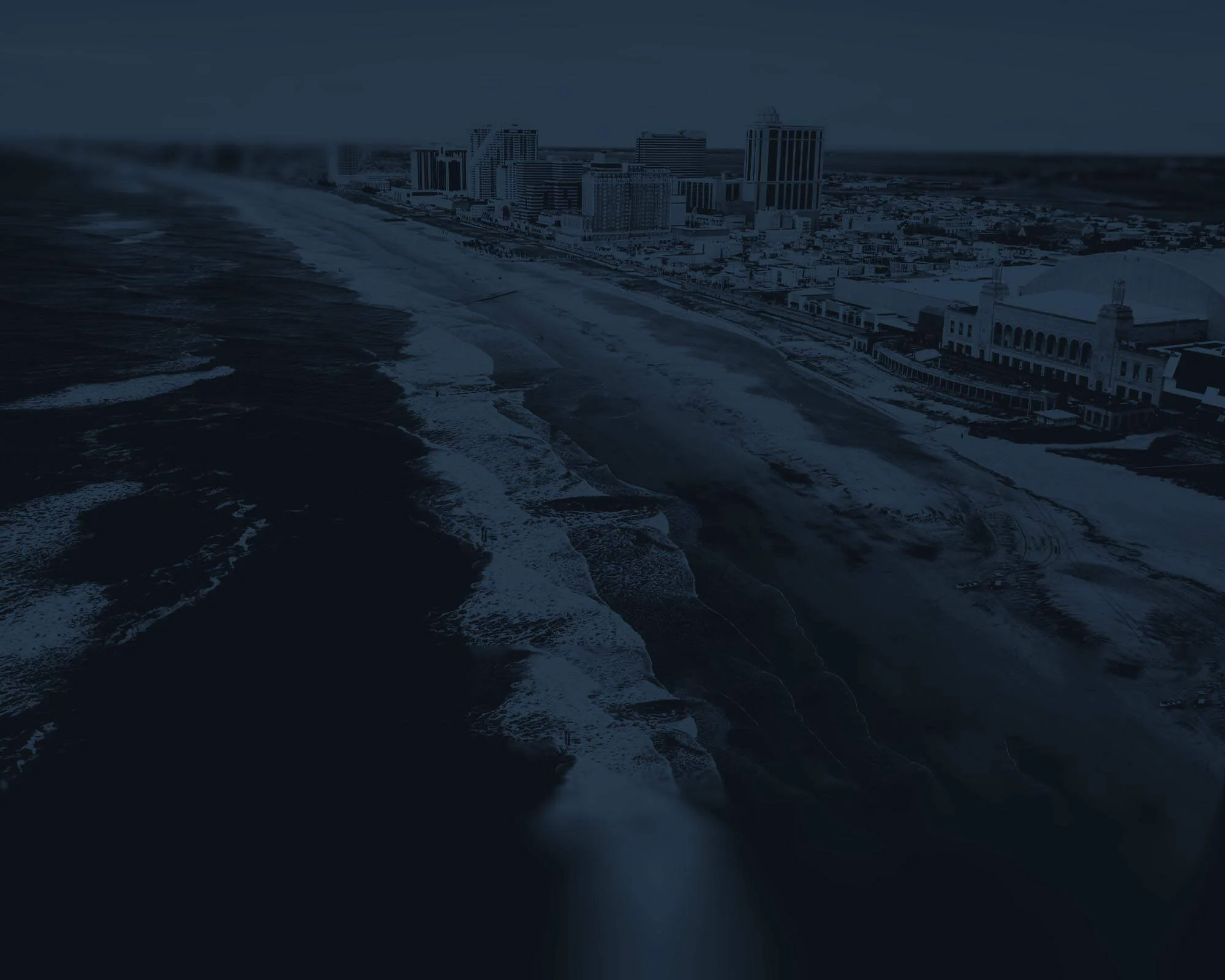Public support grows for reducing low-level traffic stops
Each day in the United States, police officers initiate an estimated 50,000 traffic stops, which amounts to 20 million stops per year. If you’ve interacted with a police officer in the past few years, it was most likely during a traffic stop.
Some stops, for offenses like speeding and suspected drunk driving, are unquestionably necessary to protect public safety. But many other stops, for low-level traffic violations, do not need to happen, and are arguably more dangerous than the infractions themselves. According to news reports, major U.S. cities are beginning to enact policy changes that reduce or eliminate low-level traffic stops, improving safety for both citizens and police officers.
Low-level offenses are often an excuse to search
Depending on where you live, there are likely to be dozens of infractions that would legally allow police officers to pull you over. These can be as minimal as having tinted windows, an air freshener hanging from your rearview mirror, or a license plate that is improperly placed.
In most cases, minor infractions are used as a pretext for police to initiate a stop so that they can conduct a search of the vehicle for evidence of higher-level crimes (like drug possession or weapons offenses). While this sometimes leads to a major crime discovery that protects public safety, it most often simply results in harassment of drivers and unnecessary citations.
Excessive traffic stops are a problem for many reasons
Unfortunately, statistics show that in most parts of the U.S., these low-level stops are initiated at far higher rates for people of color than for white drivers. The disparities decrease only in stops conducted after dark, when it is more difficult to discern the race of a driver before initiating the traffic stop.
The second reason these stops are problematic is that they can have dire outcomes for occupants of the stopped vehicle. The news has been filled with high-profile cases of fatal shootings of unarmed suspects who were pulled over for the smallest infractions.
Finally, traffic stops are dangerous for police officers as well. If police can reduce the number of stops that don’t have a positive impact on public safety, they are protecting their own safety in the process.
What should you do if you’ve been stopped?
If you’ve been pulled over and cited for a minor traffic infraction, the most important thing you can do in the moment is to comply with the officer’s commands. Once the encounter is over, you should contact a defense attorney to better understand your rights and legal options.
The sad truth is that even citations for minor traffic infractions can snowball into larger legal issues if you don’t address them quickly and decisively. And because paying a fine is considered a guilty plea, you could be accumulating license points that drive up insurance rates and increase your risk of a license suspension.
If you’re facing criminal charges or even traffic citations, it is important to discuss your options with an experienced criminal defense attorney.

